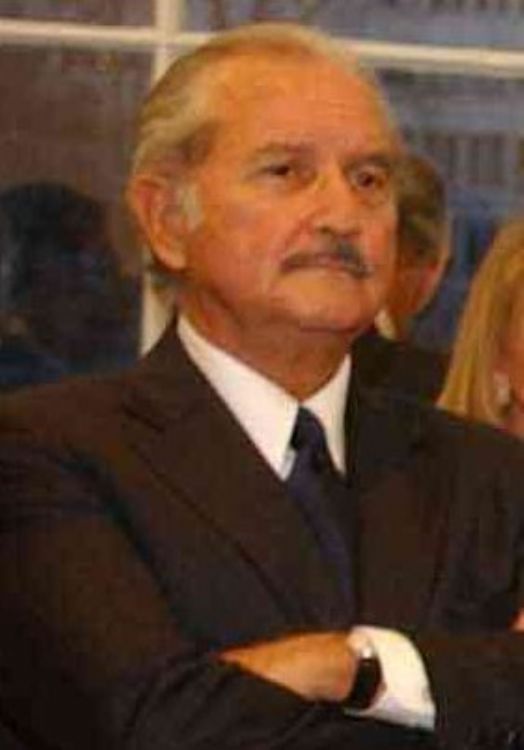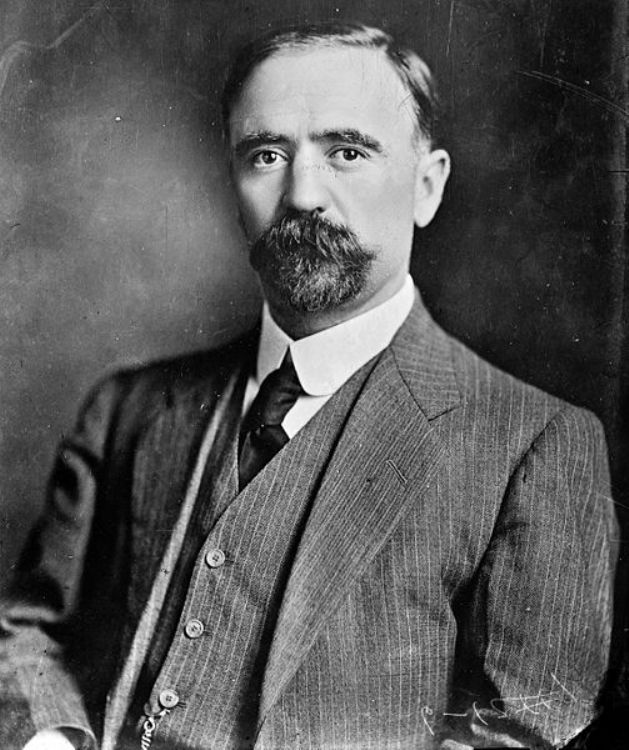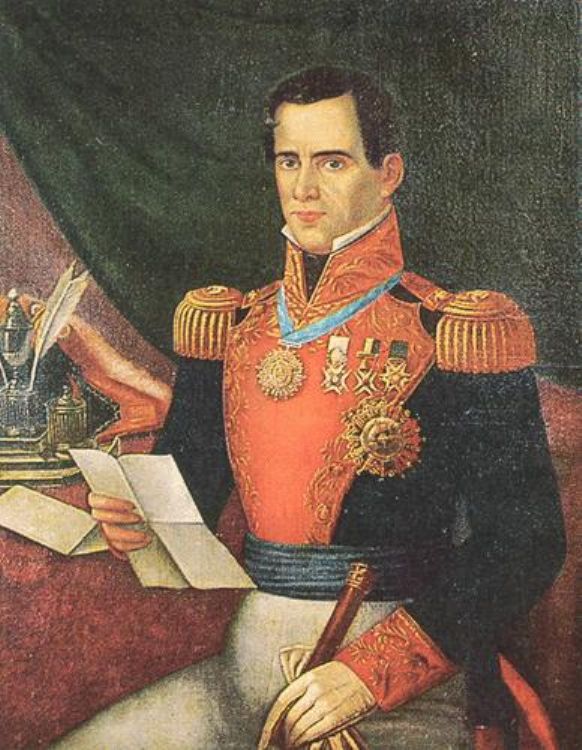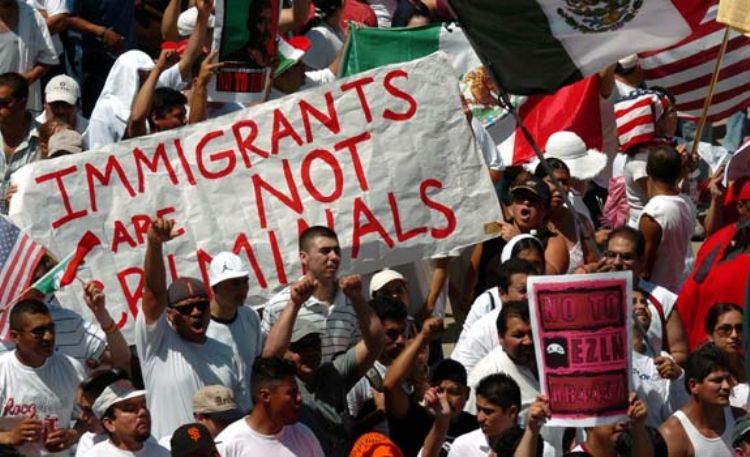Carlos Fuentes, Literary Contribution to Mexico

The son of diplomatic parents, Carlos Fuentes was born in Panama on November 11, 1928; because his father was part of Mexicoâs diplomacy board in that country. During the 1930âs, his father was named ambassador of Mexico for the United States in Washington, D.C. He studied in Switzerland and the United States. Then he lived in Quito, Montevideo, Rio de Janeiro, Washington, Santiago and Buenos Aires. During his teenage years he returned to Mexico, were he lived until 1965.
The time he spent in his country indelibly marked his work, submerged in the intellectual debate on the philosophy of âthe Mexicanâ. His first book, Los días enmascarados was published in 1954 and since then, Fuentes has never stopped worrying about the Mexican identity and the proper means to express it. A fundamental milestone in that climate of intellectual worries was the beginning in 1955, together with Emmanuel Carballo and Octavio Paz of Revista Mexicana de Literatura (Mexican Magazine on Literature).
His first novels were La region más transparente (1959) and La muerte de Artemio Cruz (1962), which placed him as an important member of the âboomâ of Latin-American novels. The same as with the other participants of this phenomenon, his political and social commitment is a fundamental trait of his intellectual career: âWhat a writer can do politically â he stated in an essay for Tiempo Mexicano magazine, in 1972 â he should also do as a citizen. In a country like ours writers, intellectuals, canât stay away from the struggle of political transformation that, ultimately, also supposes a cultural transformation.â
Carlos Fuentes described in his novel La región más transparente the Mexico of the 1940âs and 50âs, an imaginary country, something he again described regarding the country of the 1980âs and 90âs in Cristobal Nonato.
Fuentes graduated with a Law degree from Universidad Autónoma de Mexico and the Institute of Higher International Studies of Geneva, Switzerland. He accepted the post as ambassador of Mexico to France in honor of his fatherâs diplomatic career and opened the embassyâs door to Latin American political refuges and the Spanish resistance in 1972, but resigned in 1976 in protest when Mexicoâs ex-president Gustavo Diaz Ordaz was named ambassador of Mexico to Spain, because he was the author of the student massacre in Tlatelolco.
A central and indispensable figure of Spanish modern novel, outstanding among the most important titles in the work of Fuentes are: La región más transparente (1959), Zona sagrada (1967), Cambio de piel (1967), Terra nostra (1975), Cristóbal Nonato (1987) Los años con Laura Díaz, Agua quemada (1981), Gringo viejo (1985) and the recent La silla del águila.
In 1983 he got a doctorâs degree from Harvard University, where he was valedictorian with a speech that insisted on the reasons of Latin America against the arguable North American policies.
In 2001, his book Aura (written in 1962) became involved in a scandal in Mexico City because a high school teacher was fired when she recommended this book to a group of students. Currently, Fuentes contributes to the most important literary magazines and publication in Latin America, United States and Europe.
Some of the awards and recognitions Carlos Fuentes has received are: Premio Nacional de Ciencias 1984, Premio Miguel de Cervantes 1987, Premio de Literatura Iberoamericana 1992, Premio Príncipe de Asturias 1994, Doctor Honoris Causa by Essex University of England, Premio Biblioteca Breve, Premio Nacional de Literatura de México, Premio Rómulo Gallegos, Premio Alfonso Reyes, Premio Menéndez Pelayo 1992, the French Legion of Honor in 1992, Premio a la Latinidad 1999, Medalla de Honor Belisario Domínguez and many others.
Artículo Producido por el Equipo Editorial Explorando México.
Copyright Explorando México, Todos los Derechos Reservados.
Foto Portada: Wikipedia.org






